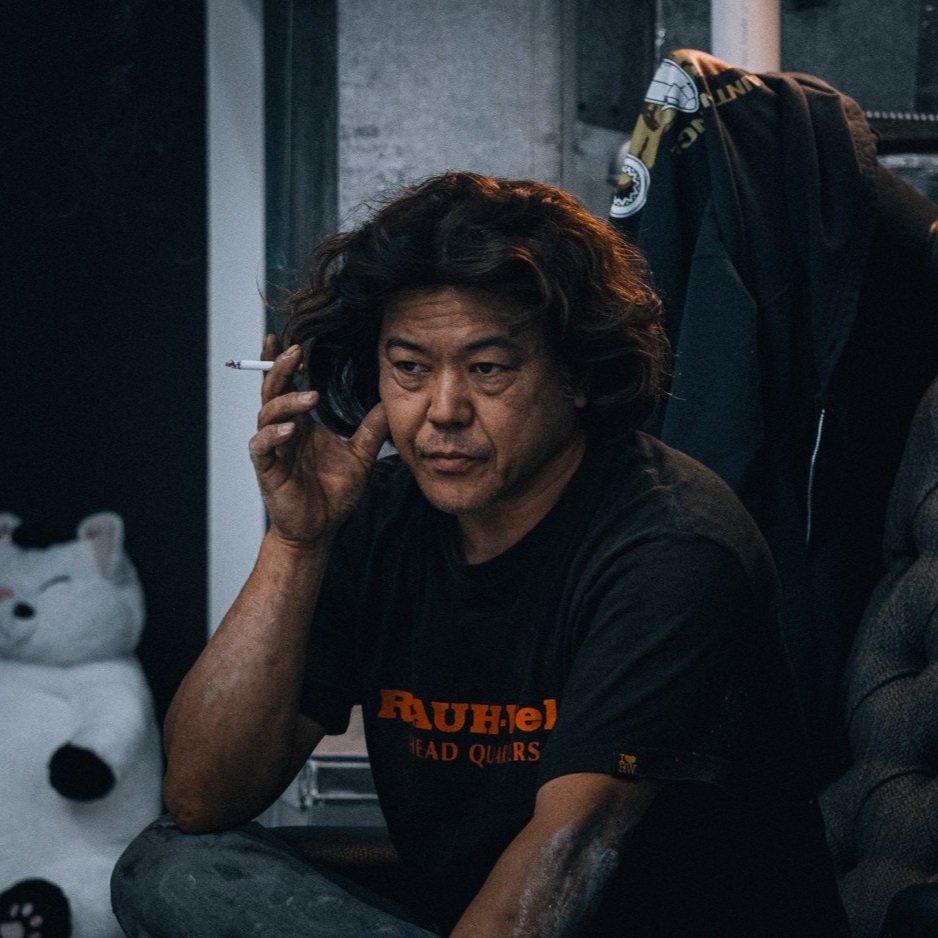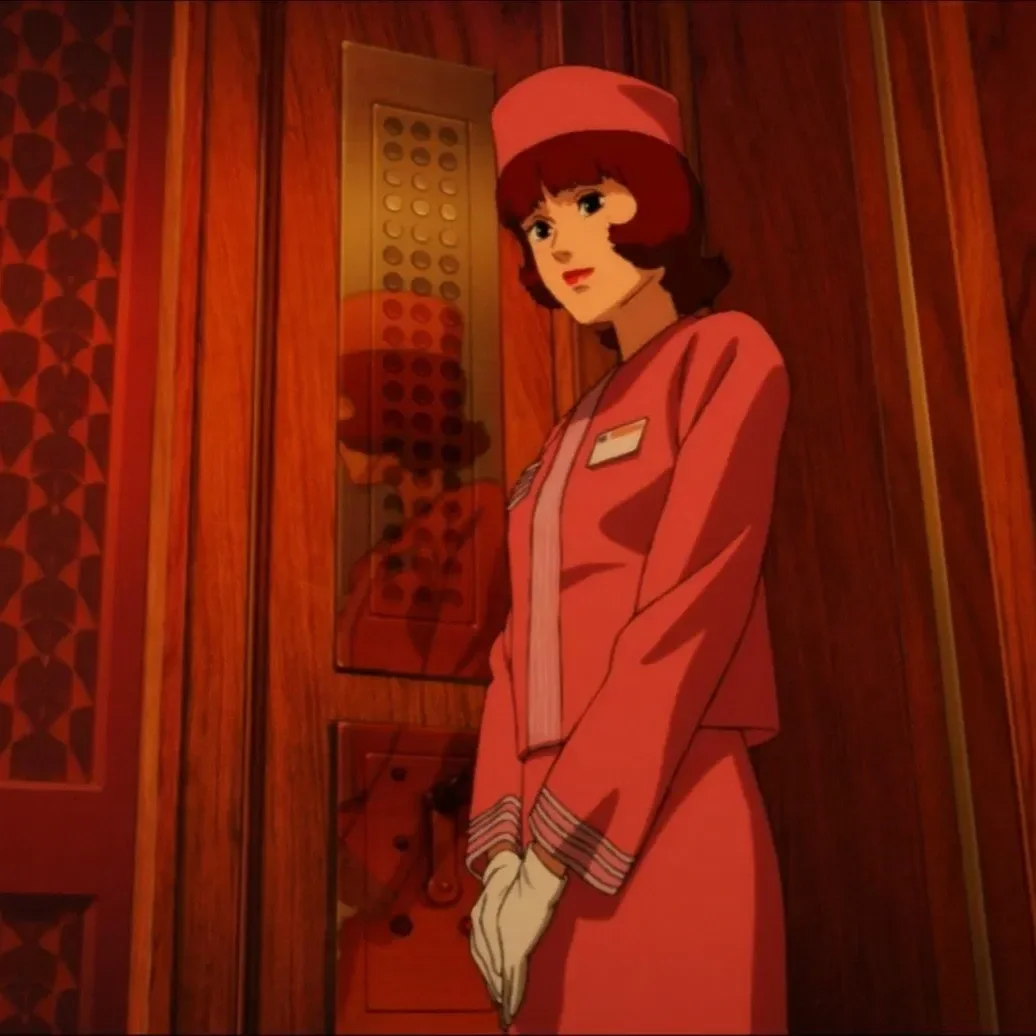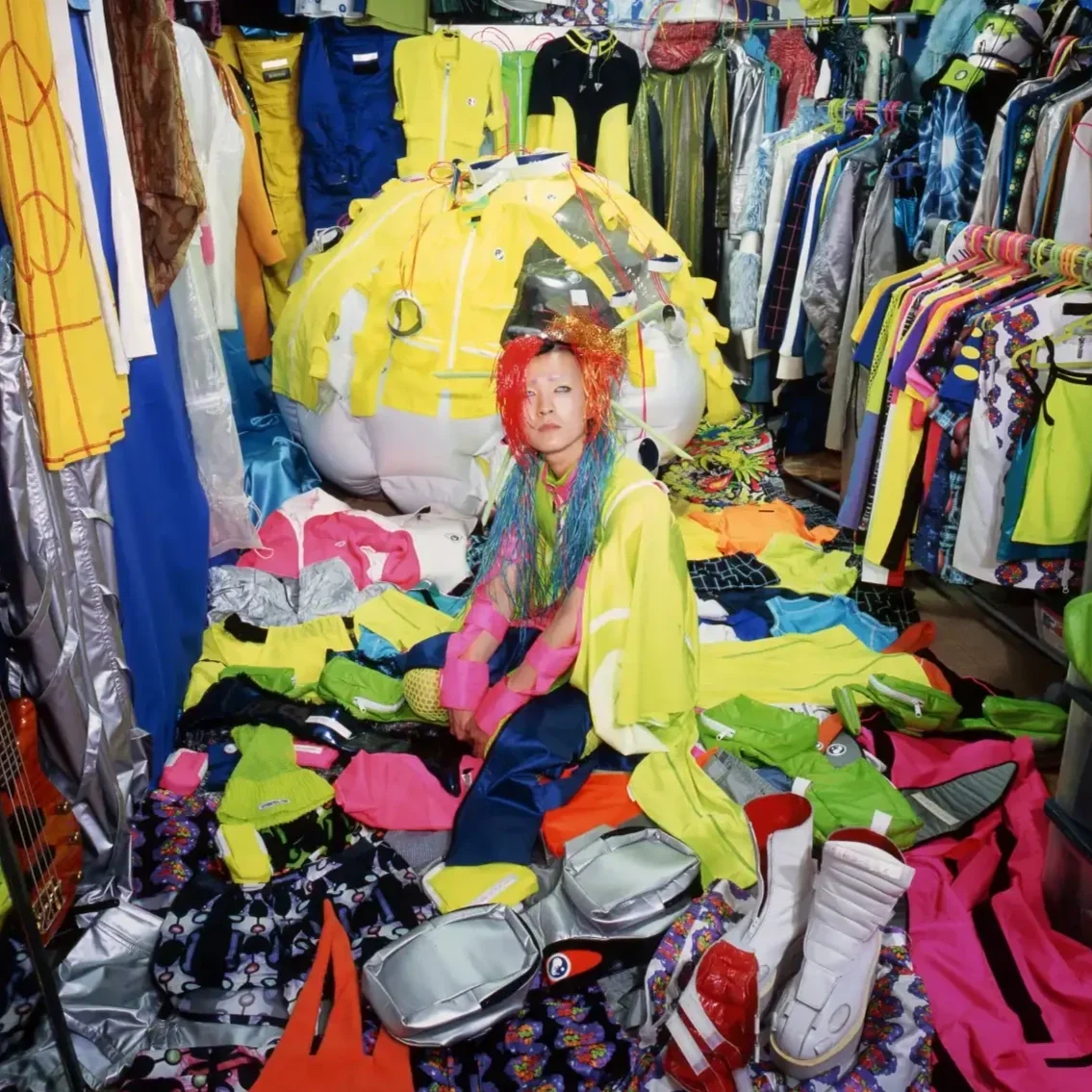Ichiko Aoba - The Ethereal Voice of Japanese Folk Music
Ichiko Aoba│© Shiori Ikeno
While the West has Aurora, Asia is blessed with the ethereal voice and songwriting of Ichiko Aoba. Aoba’s music feels like a mushy cloud taking you on a dreamy journey. Known for her ethereal voice, poetic lyrics, and minimalist instrumentation, Aoba’s music ignores the barriers of language and speaks solely through the emotion found in melody. With a discography that includes critically acclaimed albums like Windswept Adan and QP, Aoba has established herself as one of the most intriguing and innovative artists in Japan today.
A Journey Through Isolation and Connection
Born in 1990 in Yokohama, Japan, Ichiko Aoba’s upbringing was marked by feelings of isolation and anxiety. Struggles and conflicts with the pressure of societal expectations pushed Aoba toward a retreat into an imaginative world—a world that would become a safe haven and escape from feeling like an outsider. Rather than seeking refuge in traditional forms of expression, Aoba found solace in the natural world around her. She recalls that her only comfort came from picture books featuring animals and plants, reflecting her deep connection to nature.
In many ways, Aoba’s music can be seen as a response to her childhood loneliness. Her early influences were deeply rooted in the themes of human connection with nature, reminiscent of the films of Studio Ghibli. The whimsical worlds shaped by Hayao Miyazaki are woven throughout Aoba’s work, creating a sense of enchantment and wonder.
Ichiko Aoba│© Kodai Kobayashi
The Influences of Anna Yamada
At the age of 17, Aoba attended a concert that would greatly influence her signature style and career. During a performance by Japanese musician Anna Yamada, Aoba was introduced to the wonders and beauty of Yamada’s approach to composition and sought her mentorship. Yamada’s style is characterized by gentle, jazzy guitar melodies and airy vocals, a style that would play a big role in Aoba’s own quest for her musical identity under Yamada’s guidance.
It took some time before Aoba gradually found her footing as a songwriter, as she was initially reluctant to pursue a career in music. One of her debut songs, Kokoro no Sekai, or The World of the Heart, was written during this period of doubt. After the release of Kokoro no Sekai in 2010, Aoba quickly began to gain recognition, but she remained hesitant about stepping into the limelight. Her hesitation was so strong that she refused to appear on the cover of her debut album Kamisore Otome and the three albums that followed. Instead, she opted for a literal blank canvas, reflecting her desire for anonymity.
Her resistance to conforming to traditional music industry standards has been a defining aspect of Aoba’s charm since her first release, values she continues to uphold. When listening to Ichiko Aoba’s work, authenticity shines through, as her music is not the product of calculated branding but rather a humble expression of her experiences, emotions, and thoughts.
The Breakthrough Albums
Aoba’s musical journey continued with the release of her fourth album, ‘0’, or Zero, which marked a turning point in her career. Released under a major label, this album expanded her audience significantly and showcased a more mature sound. Zero maintained her signature blend of soft acoustic guitar and dreamlike vocals while incorporating new layers of ambiance and production techniques.
Following the success of ‘0’, Aoba released MAHOROBOSHIYA in 2016, a deeply personal album that represented her quest for identity and self-discovery. The title itself is a fusion of Japanese words meaning “destruction” and “illusion,” reflecting her desire to shed the persona she had built around herself. Tracks like The End featured layered vocals that created a choral effect, while other songs explored the delicate balance between solitude and connection.
However, it was her sixth studio album, QP, released in 2018, that solidified her reputation as a global artist. The album offered a fresh evolution of her sound, characterized by soothing melodies and introspective lyrics. Critics praised Aoba for her ability to craft music that felt both timeless and contemporary, a rare feat in today’s fast-paced music industry.
Windswept Adan
Two years after the release of QP, the album that placed Aoba on the international map, she released the album that would redefine her career: Windswept Adan. Heavily inspired by her time in Okinawa, surrounded by the beauty of nature, Windswept Adan marked a significant shift from her earlier works in both sound and narrative. In the album, Ichiko Aoba blends traditional Japanese folk elements with orchestral arrangements and ambient textures. The narrative is built around the concept of two fictional islands—one inhabited by a tribe that communicates through seashells and another filled with unspoiled natural beauty. At the heart of the story is a young girl banished from her tribe, symbolizing the journey of self-discovery that Aoba herself underwent.
Tracks like Porcelain and Dawn in the Adan incorporate Aoba’s field recordings and natural sounds, while the song Parfum d’étoiles stands out with its delicate piano and childlike melodies, capturing Aoba’s exploration of innocence and wonder. The closing trackt, Adam no Shima no Tanjyosai, is a six-minute masterpiece that builds to a breathtaking harmony of strings and Aoba’s ethereal vocals. As the song reaches its climax, you are enveloped in the soothing sounds of ocean waves, creating a sense of closure and tranquility. Windswept Adan is an album that invites you to reflect on your own journeys and the beauty of the world around you.
A Philosophy of Art and Life
Ichiko Aoba’s unique philosophy on creativity and self-expression sets her apart from most contemporary artists of her time. Since her first steps into the world of music, Aoba has clung to her values of integrity and simplicity, prioritizing emotional authenticity over commercial success. She views music as a means of connection rather than escape. As she has stated in interviews before, she creates in a half-dreamy state, allowing her to capture the essence of her emotions without the constraints of reality—an approach that lends her music its signature ethereal, dreamlike quality.
Her lyrics connect her work to themes of nature and human connection, approaching songwriting from a holistic perspective instead of personal narratives or events. Songs like Easter Lily are perfect examples of this approach, evoking feelings of nostalgia and reflection, almost drawing you into a meditative space where you’ll contemplate your own experiences. By embracing simplicity and poetic imagery, Aoba invites you to find solace in her music, offering a respite from the chaos of modern life.
Ichiko Aoba│© Kodai Kobayashi
The connection created through the works of Ichiko Aoba transcends borders easily. The majority of her lyrics are in Japanese, yet the emotions she conveys through her voice and melodies aren’t blocked by linguistic barriers, building a connection across cultures. During her performances, these connections become almost tangible, as she creates an immersive atmosphere filled with dim lighting and natural sounds.
Ichiko Aoba reminds us of the importance of authenticity and emotional connection in music. Her journey takes her from the beginnings of a timid girl struggling with loneliness to becoming one of Japan’s most celebrated singer-songwriters, creating a legacy filled with the power of self-discovery and creative expression. Her work reminds us of the beauty that can be found in simplicity and, most of all, vulnerability. Her music is a gentle invitation to explore our innermost thoughts and feelings, to reconnect with nature, and to celebrate the profound joys of being alive.










Discover the timeless music and legacy of pop legend Yumi Arai.